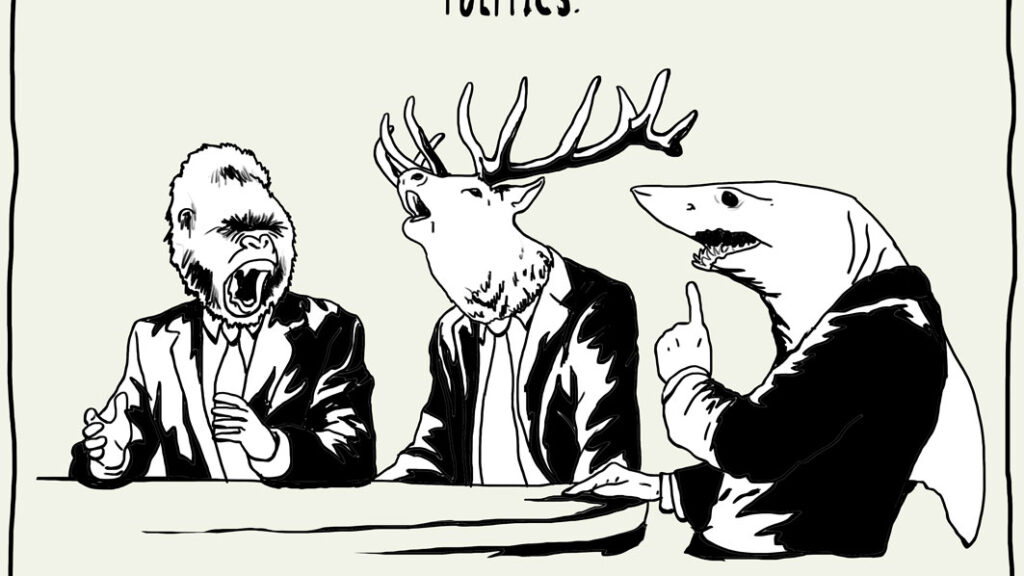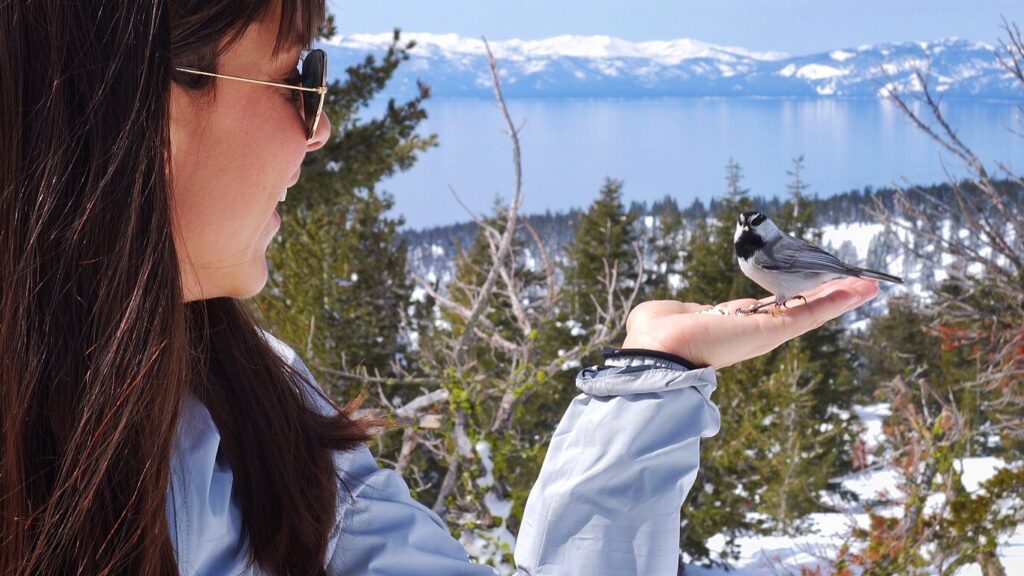Gratitude. Oh how I loathed that word for so many years. Throughout the depths of my depression, gratitude taunted me like a schoolyard bully sniggering at the poor kid’s hand-me-downs. What was there to be grateful for when my world was nothing but darkness and pain? Why be grateful for the basics of life — food, water, shelter, breath — when I didn’t want to live in the first place? How could I create a practice around something I didn’t feel?
It’s not that I didn’t try. For a while, I scribbled in a gratitude journal. Or as I referred to it, a fucking gratitude journal. When that didn’t work, I tried a gratitude jar, but all I wanted to do was shatter the thing against the wall. Then I tried reading some Stoic philosophy. And listening to Oprah. Nothing stuck. Gratitude, I determined, was for suckers or the anointed. I was neither.
Color me surprised when, in January of 2017, I stood in front of a lopsided fir tree growing just off the highway in Prague and felt a surge of gratitude so great, it warmed me down to my frozen toes. It’s like its needles reached into my heart and jolted me awake with the force of a defibrillator. I stopped cold in the middle of the sidewalk, turned, and stared like it was the first tree I’d ever seen. They grey highway and the grey sidewalks and the grey sky melted away, leaving nothing but the deep green tree swaying in the breeze. A sort of tingle twitched between my shoulder blades that flooded through my body — gratitude for life itself.
I went back to the tree nearly every day during my four weeks in Prague, trying to encode the flush of gratitude into my cellular memory. I worried that the tree was a beacon I might never find again, like I would leave the city and lose the signal. If I could only hold onto it and recognize it, I figured, maybe it would find me again.
And it did. Slowly but surely, it did.
When it comes to living a happy life, gratitude sits at the center of almost every teaching, philosophy, and religion. The Bible says, “Give thanks in all circumstances; for this is the will of God in Christ Jesus for you.” (1 Thessalonians 5:18.) The Buddha said, according to Kataññu Suttas scriptures, “A person of integrity is grateful and thankful. This gratitude, this thankfulness, is advocated by civil people. It is entirely on the level of people of integrity.” The Stoic philosopher Marcus Aurelius coined the phrase, “the attitude of gratitude” and the modern spiritual teacher, Ekhart Tolle, says that “It is through gratitude for the present moment that the spiritual dimension of life opens up.”
But for years, no matter what I tried, I couldn’t access it. Why?
Two things are at work here. First, gratitude is a feeling, not a reasoning. In my experience, it is impossible to access gratitude through the intellect alone, which is why my attempts at gratitude jars and journals failed. The practice was there but the embodiment was not, and without the physical and emotional connection, the reasoning was futile. This is the same reason why it’s useless to tell kids to clean their plates because there are starving children in Africa. Knowing that people are starving is at odds with the fact that the kid feels full, and the lesson does not sink in.
Second, gratitude is no match for grief, loss, or the untrodden path of phenomenal change. It is simply too delicate, too nuanced. The image of a flower tossed into the base of a waterfall comes to mind. Beauty and wonder crumble under thousands of pounds of force.
The waterfall could not thin and let gratitude shine through until I began to stabilize from antidepressant withdrawal and work through the grief — and subsequent depression — of losing my father. But once I finally felt gratitude, I learned to recognize it when it randomly showed up. After recognizing it a few dozen times, a practice allowed me to access gratitude on command. Only now does that gratitude journal serve its purpose.
Think of it as software. Until the software is downloaded onto the hard drive, the computer cannot access it. But you must format the hard drive to remove any corrupt data before the software can be downloaded, otherwise, the software will also corrupt. But once the hard drive is formatted and software is downloaded, the computer can run the program. It runs best when the hard drive is clear of viruses and clutter, but as long as you clean up the hard drive now and again and don’t let malware seep into the system, the software can run forever.
This is gratitude. It must first be felt before it can be regularly accessed, but it cannot be felt until the corrupt energy is cleared away.
Thus, the first step to healing and happiness is not “be grateful.” It’s to start clearing the corrupt files, one byte at a time.

From Productivity to Psychedelics: Tim Ferriss Has Changed His Mind About Success | GQ — www.gq.com
I find few interviews to be truly worth reading, but this interview with Tim Ferriss is packed with useful nuggets about managing the mind and overcoming yourself. A quote: “The inescapable fact that if, at best, you tolerate yourself, and more often berate, hate, or criticize yourself, how can you possibly fully engage with others, accept and love them, and find peace of mind and life?”

The secret to happiness is simple: live like a Stoic for a week | The Independent — www.independent.co.uk
What have the Romans ever done for us? Well, obviously the roads – the roads go without saying. How about guidance for how to live in the 21st century? That seems less likely, but in fact the last few years have seen a flurry of interest in the work of three Roman Stoic philosophers who offered just that.

Why you can smell rain — theconversation.com
The smell of rain, or petrichor, is one of the few sensory experiences that instantly transports me into a state of gratefulness. But why does that smell happen? This 2 minute read explains why.
More articles from the blog
see all articles
October 28, 2022


